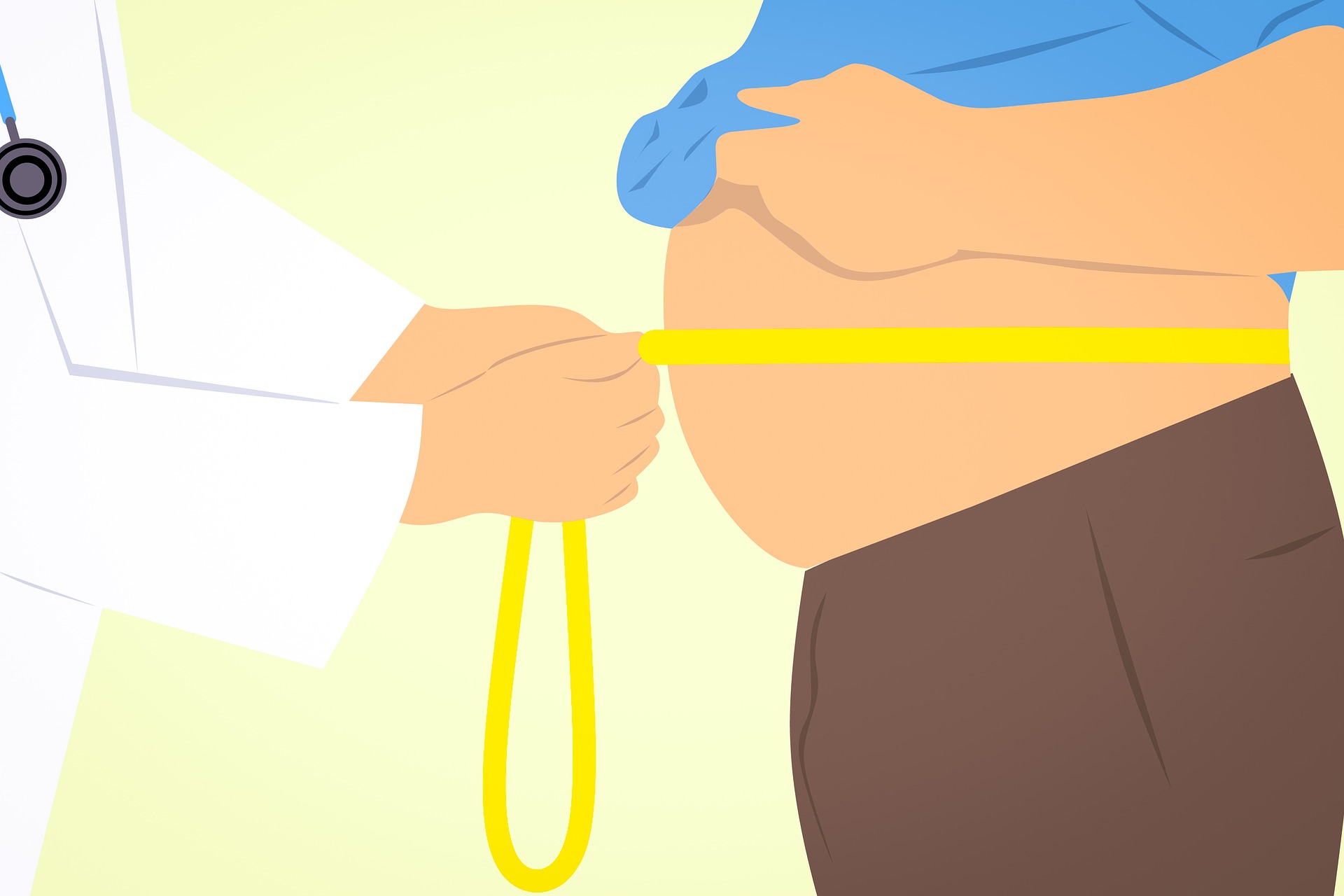
To many, liposuction seems like a magical procedure that will eliminate fat without proper diet or exercise. Unfortunately, that’s not the case. There are many things patients should understand about liposuction before jumping in.
1. Liposuction Varieties
The term liposuction encompasses a variety of options and methods. There’s BodyTite, for example, which is a minimally invasive procedure that targets fat cells while also tightening the skin. This is different from suction assisted liposuction (SAL), which only sucks out the fat cells.
Discuss the options with your plastic surgeon thoroughly. You might be surprised at how many options there are, and which one best fits your needs.
2. The Process
The process can vary based on the type of liposuction you choose, but most procedures follow a similar outline. Most are outpatient surgeries, meaning they’ll be performed in the office or in a surgery, and you can go home the same day. Most use minimally invasive technologies so that scarring is minimal or non-existent.
Your surgeon will walk you through the entire procedure. Ask as many questions as you want so you know exactly what to expect.
3. Best Candidates for Liposuction
Not everyone is a candidate for liposuction. Surprisingly, it’s not for the obese. Instead, it’s for those who have a little extra weight, are in general good health, and have realistic expectations about their results. They’ll also have firm, elastic skin, which is usually the case for those within 30 percent of their ideal body weight.
Talk with your surgeon about whether or not you’re a good candidate for the procedure. Liposuction might not be for you, but your surgeon might recommend a more appropriate procedure for your desired results.
4. Procedure Safety
Since liposuction involves a hot tube sucking out certain cells, it might seem dangerous. However, there are safeguards to protect your skin from damage. Every moment of the procedure is carefully monitored to keep you safe.
It’s vital that you only go with a surgeon who’s board certified and has a positive track record for performing similar procedures. This procedure is considered surgery, which can be dangerous if the surgeon is not properly trained. The right tools in the wrong hands can be a recipe for disaster.
5. Healthy Diet and Physical Activity
Liposuction is not a forever treatment. In fact, some gain weight quickly after the procedure if they don’t develop healthy habits. Without a healthy lifestyle that includes fruits and vegetables, limited processed foods and sweets, and regular physical activity, you shouldn’t be surprised if you gain a few pounds shortly after the procedure.
Just wait until you’re fully healed, or your surgeon gives the okay before diving into physical activity. You don’t want to pull a stitch and risk bleeding or scarring as a result.
6. Realistic Expectations
Too many people go into liposuction expecting to get a supermodel body. Unfortunately, that’s not the case. Liposuction is like a jumpstart on getting fit and toning your body, but it won’t take you all the way. It only removes a portion of your fat cells, so you’ll have to do the rest.
7. The Recovery Period
Anesthesia—either local or knock-out—will protect you from pain. After this wears off, you’ll have pain and bruising in the liposuction region, which is understandable, considering what your body has been through. These symptoms shouldn’t last more than a few days, and pain relievers can dull the pain and reduce any swelling.
The recovery isn’t bad for most patients. Most resume their usual activities within a couple of days and are at full capacity after approximately two weeks. If you feel pain while exercising or performing regular activities, take it easy and fully recover before resuming.